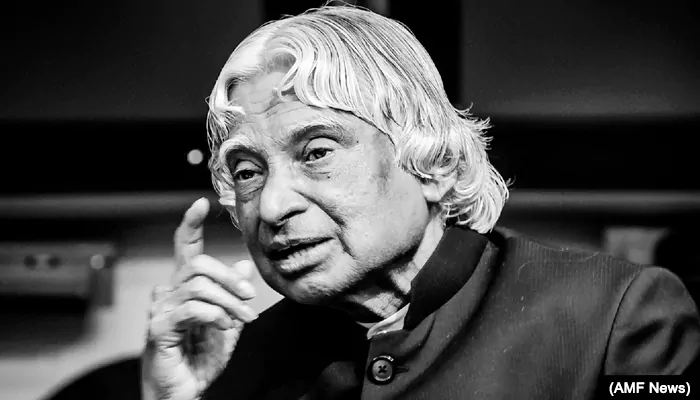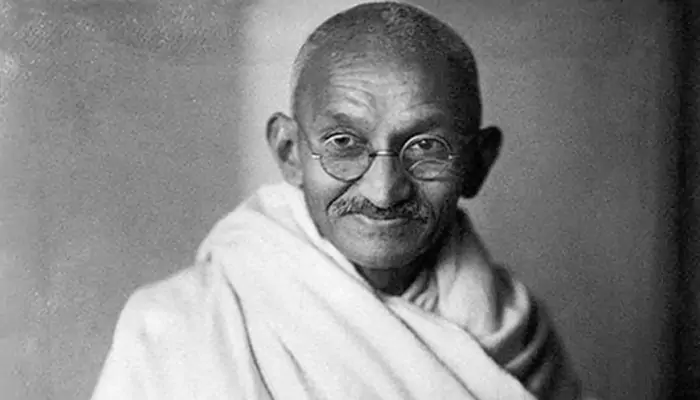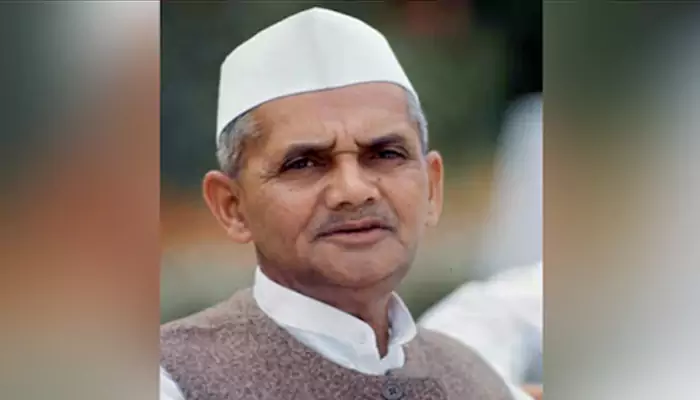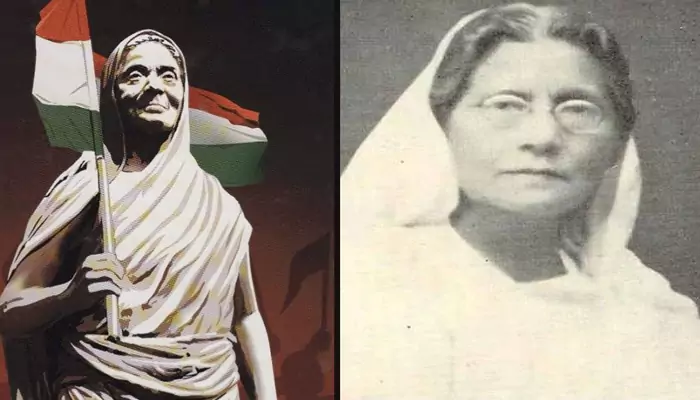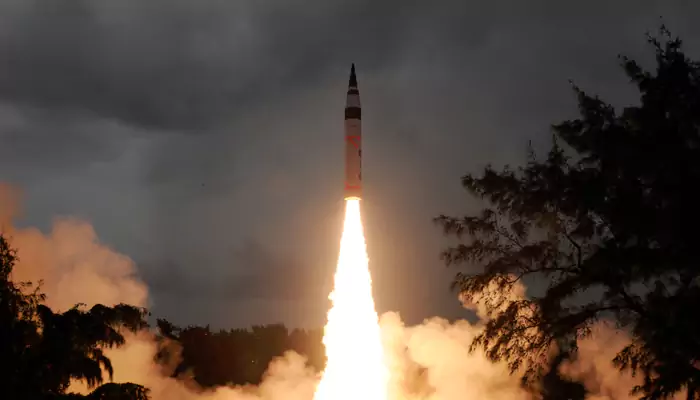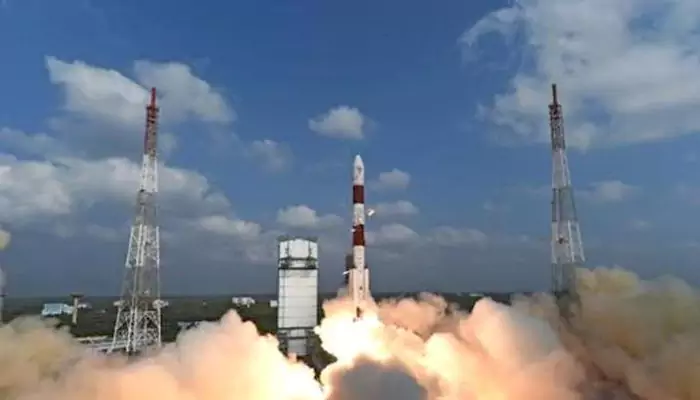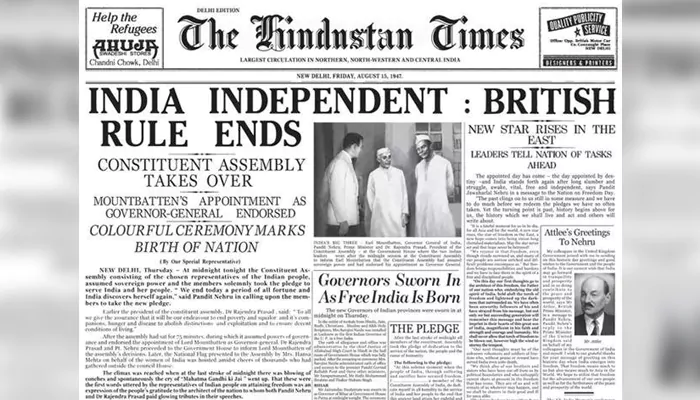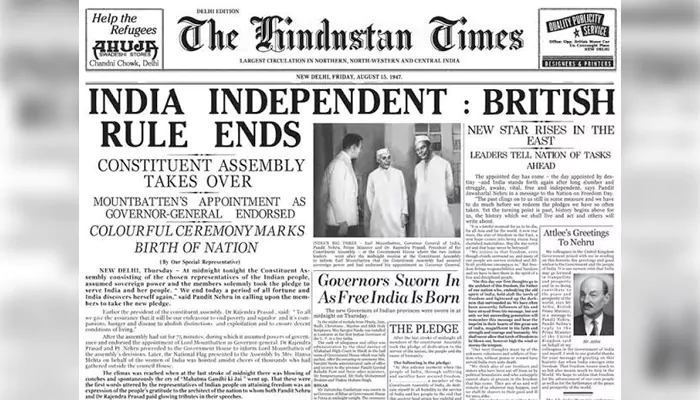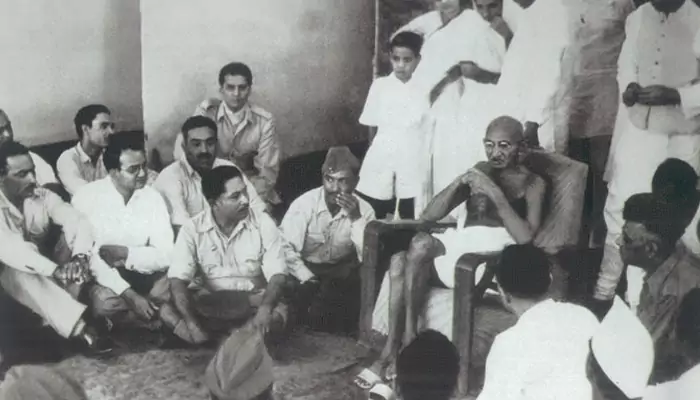Mukesh Ambani vs Elon Musk: Ongoing Satcom Spectrum Battle; What’s at Stake? All You Need to Know
- Soham Halder
- 1 year ago
- 4 minutes read

Mukesh Ambani and Elon Musk lock horns in the satellite communication spectrum battle.
Companies including Amazon.com to Elon Musk's Starlink have been waiting for the green signal to launch satellite communication services in India for a long time. The Telecom Ministry of India had two options to opt for allocating satellite communication spectrum: the traditional route is auction and another globally accepted approach is administrative allocation. In this article, we will discuss about Telecom Ministry’s decision and ongoing battle of billionaires.
Decisions by Government:
Union Minister of Communications Jyotiraditya Scindia, while speaking at the India Mobile Congress (IMC) 2024 in New Delhi said: "Spectrum for satcomm is shared spectrum, and cannot be auctioned. The administrative allocation of satellite spectrum is practised worldwide, any decision on costs would be determined by the Telecom Regulatory Authority of India (TRAI).”

Why it Bothers Jio & Airtel Owners?
Indian players like Airtel’s Sunil Bharti Mittal and Jio’s Mukesh Ambani have been pushing for satellite companies to pay licence fees while purchasing spectrum similar to legacy telecom companies.
Reliance Jio had already written a letter to the Telecom Regulatory Authority of India (TRAI) asking for a “reassessment of its consultation paper” that supports administrative allocation. Mukesh Ambani has also urged the Indian government to reconsider the decision citing “auction is essential for a fair competition”.
"We have requested (the) TRAI to amend the consultation paper to ensure a level playing field, it is imperative upon TRAI to also consult on the methodology of assignment of spectrum,” Reliance Jio said in a recent statement. Meanwhile, Sunil Mittal of Airtel has also supported Ambani's stance on the ongoing issue.

Credit - X/@gomez_gh
Elon Musk Breaks His Silence:
Starlink owner Elon Musk has always been a critic of auction for satellite communication. He even wrote on X: "I will call and ask if it would not be too much trouble to allow Starlink to compete to provide internet services to the people of India.”
The billionaire underscored that the UN agency International Telecommunication Union (ITU), (of which India is a member), designates satellite technology spectrum as shared, clearly arguing against auction.
Previously, Musk had also created controversy by mentioning “Reliance Industries Chairman's lobbying for an auction route for spectrum allocation”.
Much appreciated! We will do our best to serve the people of India with Starlink.
— Elon Musk (@elonmusk) October 15, 2024
Credit - X/@elonmusk
What's at Stake?
As of January 2024 data, India has around 936.16 million internet users. With rising population, Indian satellite internet market is estimated to increase rapidly. According to a recent report submitted by Deloitte, Indian satellite internet market will reach $1.9 billion by end of 2030, with a growth rate of 36% every year.
In India's terrestrial telecommunication landscape, Reliance Jio is currently dominating. Thus, if the company bags satellite spectrum rights, it will be a strategic priority for Reliance Jio. This is the major reason behind pushing for auction rather than administrative allocation where foreign players will be allowed to compete.

Expert’s Take on the Ongoing Issue:
“Comparatively low pricing of communication services in India will compel global players to drive innovation to reduce their pricing. This is already being done in many industries like automotive, where multinational OEMs had to innovate to meet the expectations of Indian consumers of high performance and low cost,” IN-SPACe chairman Pawan Goenka said earlier.
Elon Musk has already established Starlink service in many countries across the globe. But, India's regulations came as a obstacle for him. As the government has already decided to opt for administrative allocation, key companies like Starlink, Amazon Kupier, Reliance Jio, Airtel will go all out for the regulatory battle. The stakes are extremely high as it will impact the service, cost and accessibility of millions of internet users in India.

